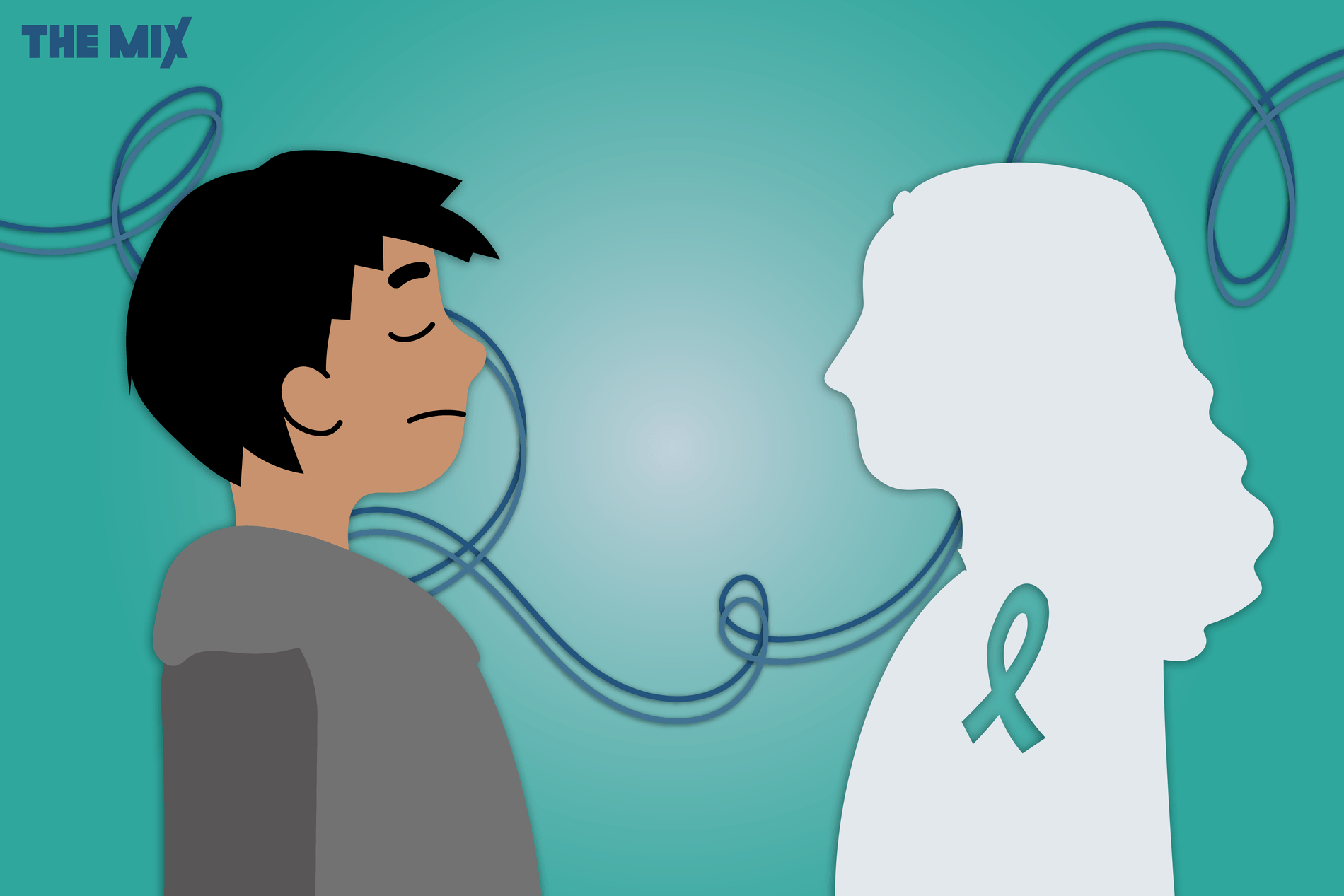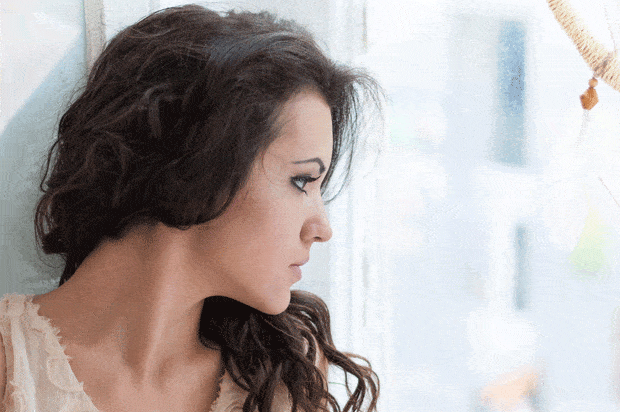Losing a loved one to cancer
Losing a loved one to cancer at any age is really tough but losing a loved one when you’re a young person can seem almost unbearable. The Mix teams up with The Loss Foundation to help make things a little bit easier for you.

This article was co-written with The Loss Foundation – the UK’s national charity specialising solely in supporting those who lose a loved one to cancer.
Understanding your emotions
When you lose a loved one to cancer, it’s going to bring up some pretty deep emotions. These emotions can feel so heavy that it might seem that everyday a struggle, even just to getting up and making yourself a brew.
Unlike other forms, a cancer-related bereavement can last so much longer. It may begin from the shock of the diagnosis and linger years after the passing of a loved one. It’s completely common to experience a range of emotions during this time, including:
- Anger
- Sadness
- Guilt
- Fear
- Anxiety
When these different emotions arise, try to call them out for what they are…
“Oh hey, that’s anger!”
“I can feel sadness within me”
By labelling our emotions, we can begin to understand them. We can recognise that they’re not actually a part of us, but instead they’re a part of the process in which we’re going through.
It’s important to remember that grief doesn’t have a specific timeline. It’s not one-size-fits-all. Some people may experience anxiety first, followed by sadness. Some may even experience more than one emotion at any one time. This is completely normal.
Just simply recognise it, label it, be with it.
You’re not alone
Bereavement isn’t a solo trip.
Amongst all of those emotions, it can often feel really isolating. However, it’s important to remember that there’s so much support (and people) out there for you.
The Loss Foundation run a regular online support group, providing a space to share stories and experiences or to just simply listen.
Ellie joined the General Cancer Loss group and then the Parent Loss group when she lost her mum from cancer in July 2021:
“I lost my mum…She had stage four lung cancer, which then spread everywhere. I really struggled with the loss, and found it very hard to find anything that I felt that I could relate to, in terms of wanting to talk about it. Everyone deals with grief differently, and I very much wanted to talk about it.”
Talking about grief can be a taboo subject but the more people talk about it, the less stigma it has.
Prioritise you
“The biggest shock was the instant change I felt in myself that I will never be the same person again”.
It may feel ridiculous to think about anyone other than your loved, but it’s vital to put yourself first. Take the time to rest and look after the body and mind during by this highly emotional time.
- Make sure you’re getting enough sleep (but remember not to stay in bed all day!)
- Drink plenty of water and eat healthy foods – both of these will help regulate your nervous system and give you the power you need to manage your fluctuating emotions.
- Keep a routine – creating small yet manageable routines can help give a sense of stability, at a time when you need it most.
- Practice patience – go easy on yourself and remember…this will pass. So read that book, watch the movie, go for the walk. It’s time to take some time for you.
For more information and support on cancer-related bereavement, visit The Loss Foundation.
The Loss Foundation was set up in 2012 by Dr. Erin Thompson (MBE) after losing her own father to cancer when she was just 22, and witnessing how little support there was available. Now, they offer support groups, therapy groups, grief workshops and walk and talks.
Next Steps
- Chat about this subject on our Discussion Boards.
By
Updated on 11-Nov-2024
Sorry, comments closed
No featured article














